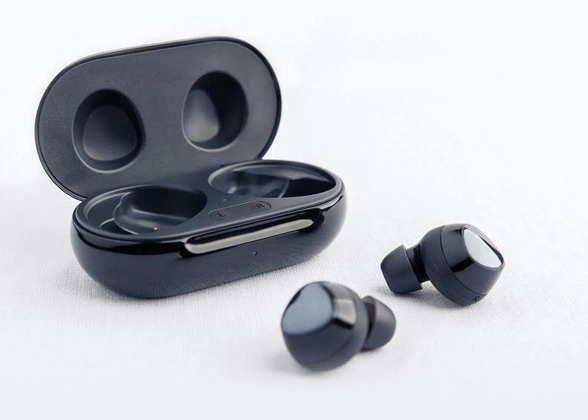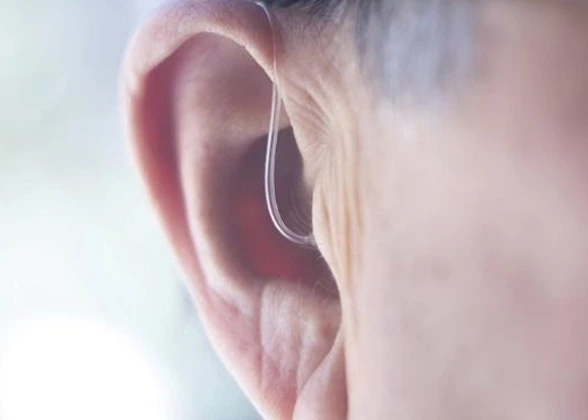- Home
- Services
- Hearing Evaluations And Testing
- Hearing Aid Fitting And Repair
- Custom Earmolds And Ear Plugs
- Tinnitus Evaluation
- Hearing Aids
- Types Of Hearing Aids
- Smart Hearing Aids
- Hearing Aids We Carry
- OTC Hearing Aids
- Caring For Your Hearing Aids
- Hearing Loss And Brain Health
- Hearing Health
- What to Expect at Your First Visit
- Types of Hearing Loss
- How The Ear Works
- Aftercare
- Online Hearing Test
- Blog
- Contact Us
- Review Us
OTC hearing aids are shaking up the hearing aid industry.
It’s official: the Food and Drug Administration (FDA) has approved regulations regarding over-the-counter hearing aids.
The goal is that OTC hearing aids will offer technology that will meet the expectations of consumers who seek low-cost, accessible devices. And while affordability is very important, you still need to be an educated consumer.
If you are considering purchasing a device that claims to be an OTC hearing aid, you should consider:
- If you have hearing loss – Did you receive and evaluation by a professional? Did they tell you that you did in fact have a hearing loss? Is it a hearing loss that affects one or both ears? This information is crucial with finding and using the right hearing device.
- Your type of hearing loss – Not all hearing loss types are the same. For example, one hearing device can be better for a specific type of hearing loss over another.
- Do you know if the OTC hearing aid you are considering is the right one for your lifestyle? If you are an active person, or someone who lives a quieter lifestyle does make a difference in determining the right device for your needs.
- If your device doesn’t work properly, do you know how to troubleshoot it?
- Do you know how to fit your device so it’s comfortable in your ear?
With all of that in mind, you still need to learn all you can about the device before making your purchase.


The Role of Hearing Evaluations (Hearing Tests)
Hearing loss doesn’t discriminate; it can affect children and adults alike, which is why a formal hearing evaluation is so important to identify type of hearing loss before assuming what kind of device to use.
Participating in a hearing evaluation is easy and completely painless. We’ll gain a better understanding of the volumes and frequencies you can hear as well as how well you understand the speech of others. If you do have hearing loss, it’s our goal to provide you with comprehensive information so that you can decide which course of treatment is right for you. You can learn more about hearing evaluations on our website.
Hearing problems can only be correctly treated when they’ve been accurately evaluated and diagnosed. Choosing an audiologist to care for your hearing means that you’re choosing a professional with the most extensive education in hearing conditions and the proper treatment and management of them.
Our audiologists are committed to the ethical guidelines of their profession and never try to “sell” to our patients, but instead aim to educate them on their situation and best options for their hearing health.
Takeaways
While there is optimism that OTC hearing aids could provide a cost-effective solution for many with mild to moderate hearing loss, there are some things that an individual with hearing loss will be missing when they buy an OTC device before consulting a hearing professional. The potential benefit of a lower up-front cost could mean sacrificing important benefits that come from meeting with a hearing health expert.
When OTC hearing aids become available, you need to ask yourself some crucial questions before deciding on how you want to proceed:
Are you purchasing the right hearing aid for you? Does it address your specific type of hearing loss? Can it be easily adjusted by your and fitted for you? If you have any mechanical problems with it, where will you take it for repair?
The bottom line: Consider your needs, your situation, and total investment. Work with a hearing healthcare provider to get more information or to schedule a hearing evaluation and discuss options. Hearing professionals will do their best to offer you the most cost effective option that fits your hearing health, lifestyle and long-term needs. If you have any questions or would like to schedule an appointment, please contact us today!
